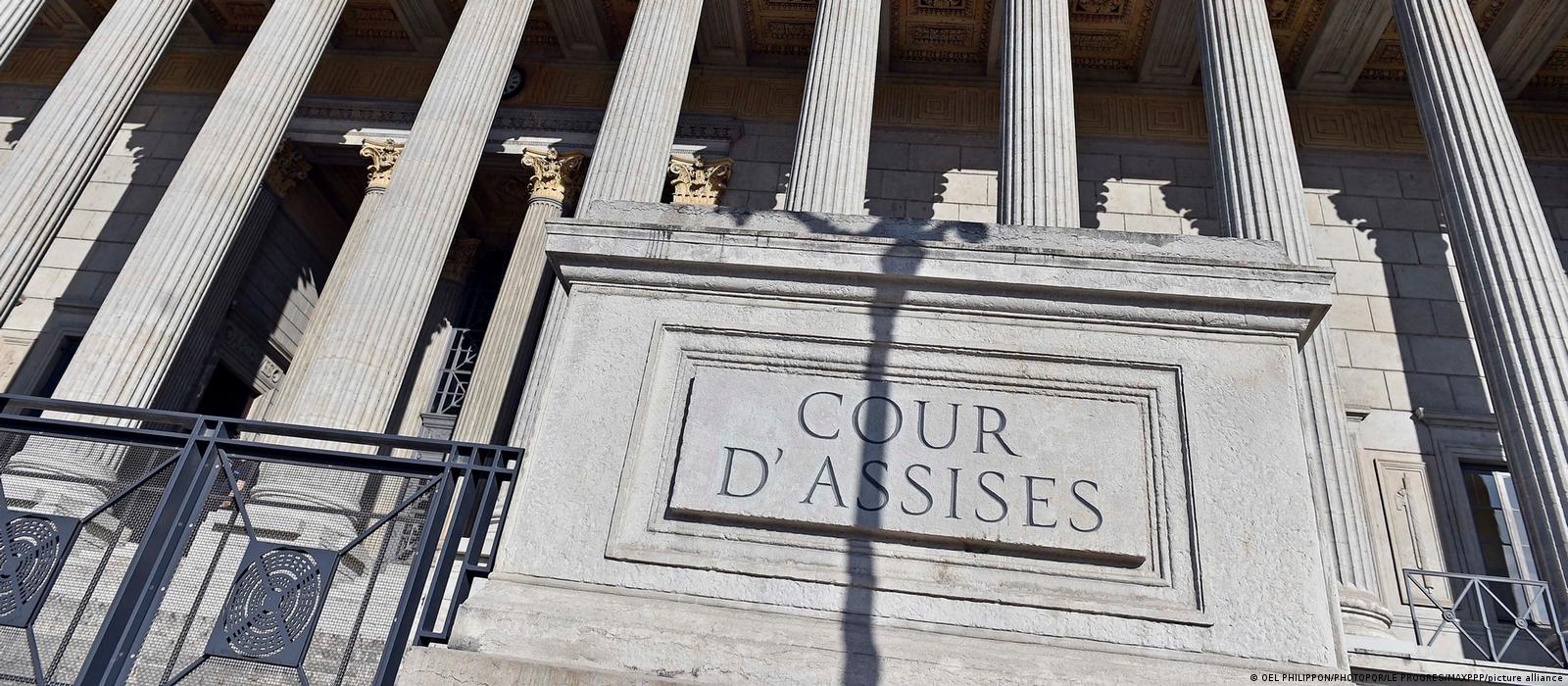
Former Rwandan military police officer who fled to France after the 1994 genocide and started a new life under a false identity is going on trial in Paris charged with crimes against humanity.
Philippe Hategekimana, 66, fled to France five years after the genocide, under a fake name, Philippe Manier.
He worked as a security guard at a university in the western city of Rennes and gained French citizenship in 2005.
Hategekimana left France and headed to Cameroon in late 2017 after learning that the Collective of Civil Parties for Rwanda (CPCR), which is among the current plaintiffs, had filed a charge against him.
Police arrested him in the capital, Yaounde, in 2018 and he was extradited to France where the charges were filed.
He is accused of participating in massacres of the Rwandan genocide, which took place between April and July 1994 and killed 800,000 people, most of them ethnic Tutsis.
Hategekimana is charged with involvement in the murder of dozens of Tutsis and also setting up roadblocks to stop Tutsis who would then be killed in and around the southern provincial capital of Nyanza, where he worked as a senior police official. He has denied the charges.
Plaintiffs have accused him of “using the powers and military force conferred to him through his rank in order to … take part in the genocide”.
He is suspected of being involved in the murders of a nun and the mayor of the town of Ntyazo who opposed the killings. He is also accused of having a role in the killing of 300 Tutsi refugees on a hill called Nyamugari, and in an attack on another mount called Nyabubare in which around 1,000 civilians were killed.
The case beginning on Wednesday is the fifth trial in France of an alleged participant in the Rwandan genocide, after years of tensions between Paris and Kigali over the role played by France before and during the killings. Kigali accused France of not doing enough to halt the genocide, and later of not doing enough for the justice process.
For years, Kigali accused France – which was one of the top destinations for fugitives from the massacres – of shielding Rwandan genocide suspects. France has generally refused requests to extradite suspects to Rwanda, prompting the Rwandan president, Paul Kagame, to say Paris was denying Rwanda jurisdiction.
The first Rwanda genocide trial in France took place in 2014 when a former spy chief was sentenced to 25 years in prison. Two ex-mayors, a former hotel chauffeur and a former top official have faced similar trials since then. Another Rwandan, a doctor called Sosthene Munyemana who has been living in France since 1994, is due to face trial in Paris later this year.
A report commissioned by Kigali found in 2021 that France “bears significant responsibility” for the deaths of hundreds of thousands of people in the Rwandan genocide of 1994 because it remained “unwavering in its support” of its allies even though officials knew the slaughter was being prepared.
Hategekimana’s trial in Paris will last until 30 June.
Read more at the Guardian


